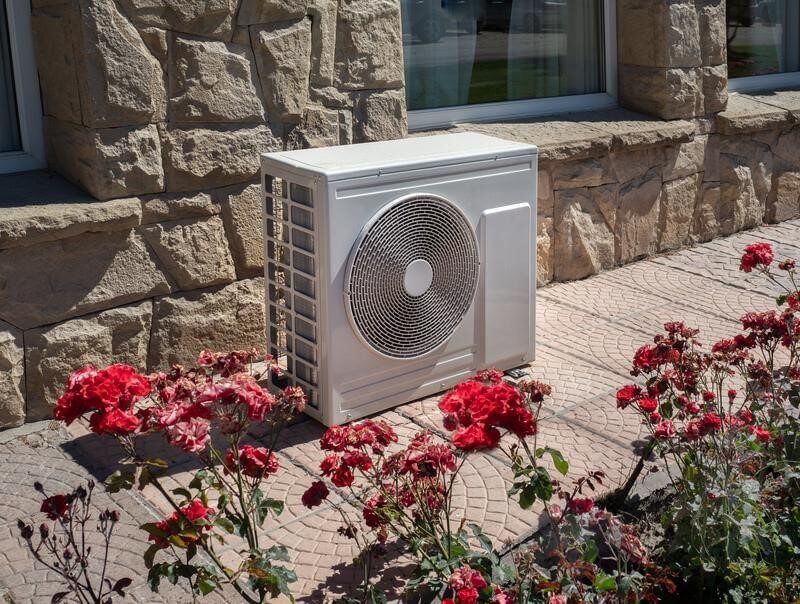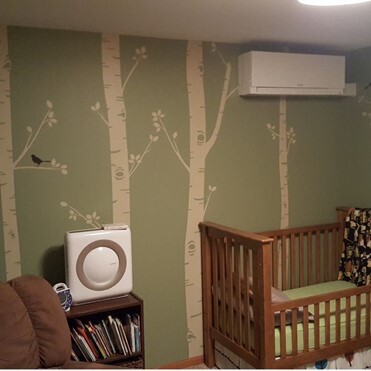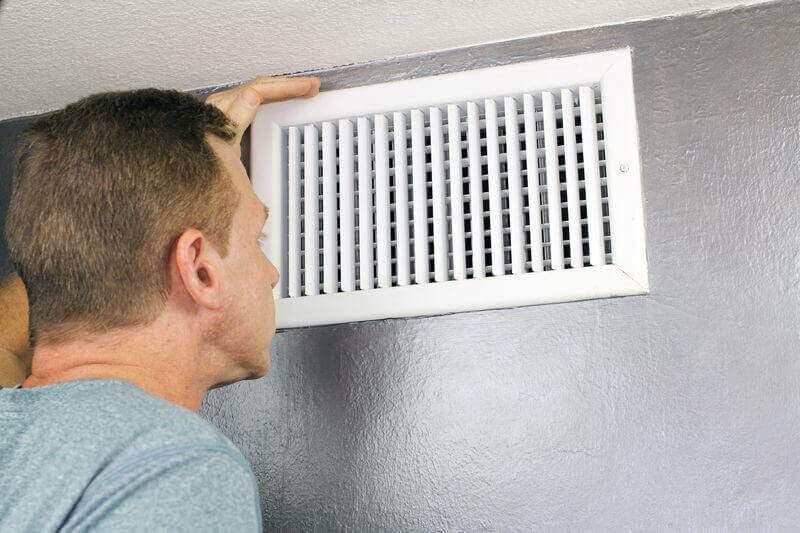WHAT KIND OF HEAT PUMP SETUP IS RIGHT FOR YOUR HOME?
What Kind Of Heat Pump Setup Is Right For Your Home?

We go into plenty of detail about heat pumps in this podcast episode and articles here and here. For now, the bottom line is that today’s heat pumps can keep your home comfortable year-round while using less energy and reducing your carbon footprint.
But, what kind of heat pump setup is right for your Fox River Valley home?
This article outlines three popular setups and goes through each one’s pros and cons.
The three setups are:
Ductless Mini Splits

You can read more about these in this article. But, the distinction between this and other systems is that it doesn’t require ductwork. Instead, we connect air handlers in every room you treat to the heat pump using refrigerant lines that run through the walls.
Pros
Cons
And, if you already have ductwork and don’t mind forced air, it’s a lot to invest for energy savings.
Ducted Heat Pump

Pros
Cons
Also, make sure the heat pump you choose is rated for the subzero temperatures that are common during Fox River Valley winters. Older heat pump models are better for cooling and maybe some heat in the fall and early spring.
Dual Fuel Or Hybrid
Pros
This is the best way to guarantee you’ll never get left out in the cold. Even as strong as heat pumps are today, there are some times when it’s just too cold for them to work.
The best heat pumps can keep heating even when it’s negative 13 degrees outside. After that, there’s not enough heat outside for it to keep you warm.
Read More: How Daikin VRV Makes Your Home More Comfortable
In most climates, that’s not a problem. The only time it dips that low is in the middle of the night, and not for that long. So, even if you’re “without heat” for a half-hour, your home is still warm.
But, in Illinois, we can get sustained temperatures lower than that. In those cases, the backup gas heat makes it so you never notice when it dips below the setting.
It’s what we use in our home, and the gas turns on twice, at most, every winter.
Cons
Once again, the cost is the real drawback here. You’re now paying for a furnace plus a heat pump. And, you can’t hook a heat pump up to any gas heater. Instead, you need a model that’s made specifically to pair with the heat pump.
If it’s time to replace your heater and you’re ready to invest, this is a good switch. Or if you’re already using solar power and are paying next to nothing for electricity anyway.
But, if you’re still on the grid and your current furnace is working fine, it’s a considerable expense all at once.
Read More: Will Solar Power Get Your Electric Heater Through An Illinois Winter?
Our Conclusion
We (Beth and Mike here at Compass) have a Daikin VRV Life dual system. For us, it’s a gas furnace, and the heat pump in a mini split with air handlers throughout the house.
And, we love it! We use solar panels for electricity, and our heat pump runs almost all the time. But, we barely ever pay anything for electricity.
Most of the time, we’re getting credit for power we send back to ComEd.
And, as we mentioned, that gas heat kicks on a couple of times every winter. It’s enough to make it worth the peace of mind.
But, of course, we have a home with ductwork, which makes this setup a lot easier. For older homes, a mini split is the way to go. Or a ducted heat pump system for a home with good ductwork.


